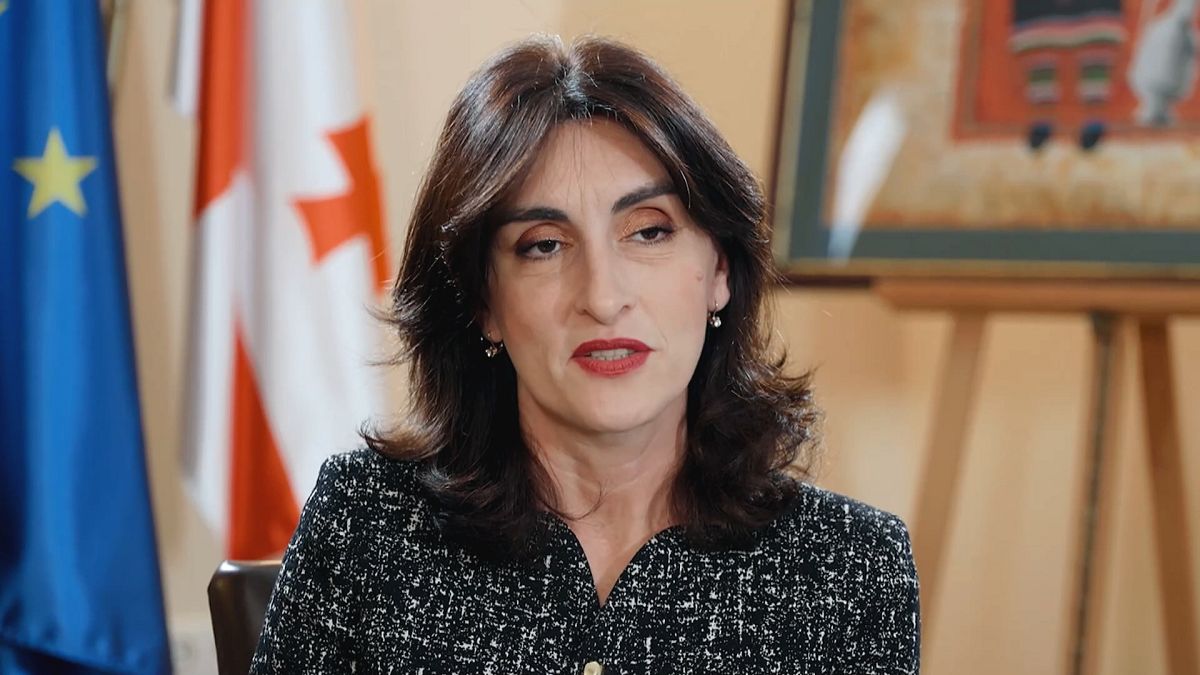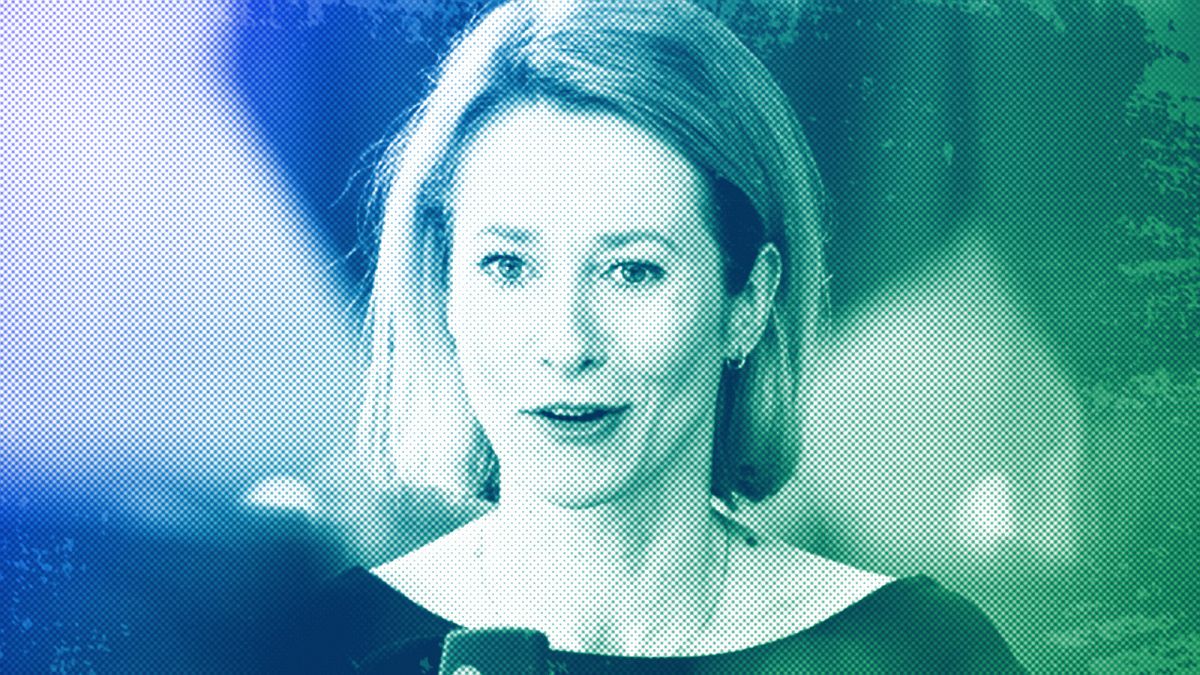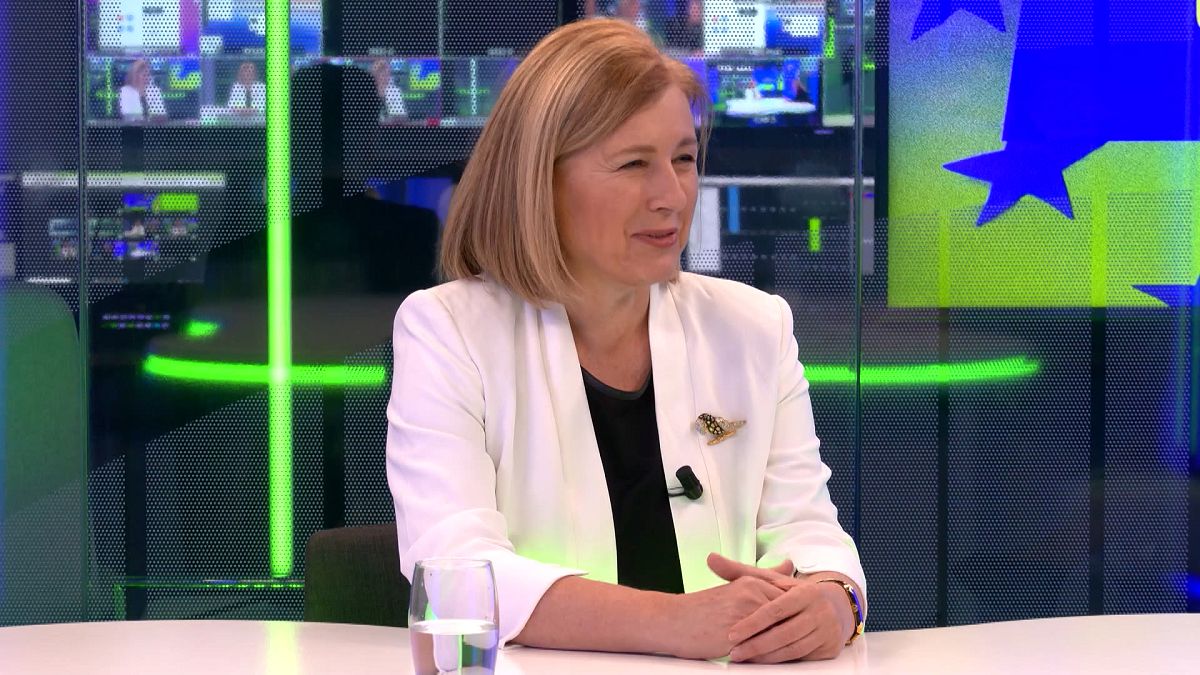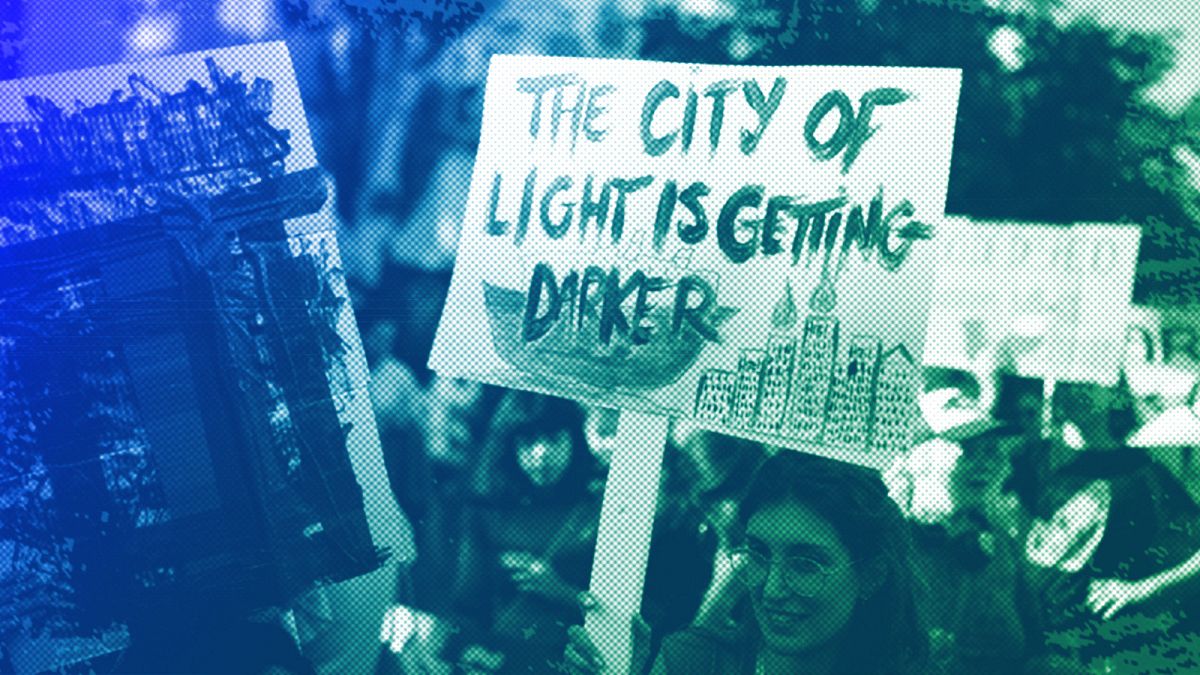The EU can’t hope for unity until it solves its Schengen conundrum

The opinions expressed in this article are those of the author and do not represent in any way the editorial position of Euronews.
A chain is as strong as its weakest link, as the saying goes, and Brussels can’t afford a lack of unity or coherence regarding free movement. If a country deserves to be part of Schengen, it should be allowed in, Cristian Gherasim writes.
It’s 2023, and the world seems to be sitting on a powder keg about to explode, and it’s hardly the time for ambiguity and loose ends.
Still, the European Union has been dragging its feet in sorting out one of the more contentious yet fundamental principles that stand behind its existence – the free movement of its citizens.
The Schengen Agreement sits at the core of this principle, with the area abolishing all types of checks at mutual borders for as many as 23 of its member states.
However, over the years, the agreement which came into existence in 1985 and kept expanding as the bloc grew has become a bone of contention among some due to two main issues: a clause in the treaty which allows member states to temporarily reintroduce border controls, and the enlargement process of the Schengen Area that demands a unanimous vote by all member states.
The broad conditions stipulated in the Schengen Agreement sometimes do end up being misused, with politics playing a big part, and the question of open borders can quickly become a major talking point on the campaign trail.
Who is suspending Schengen and why?
In the wake of state elections in Germany, the ruling “traffic light” coalition has decided to try and appear tough on immigration by reinstating border controls with Poland and the Czech Republic, stating it was part of a push to stop human trafficking.
Slovenia had also intensified surveillance at the border with Croatia citing illegal immigration concerns. Notably, one year into the job, the ruling liberal party in Ljubljana has taken a nosedive in the polls — and it’s becoming clear that the idea behind the move is that playing the immigration card could help reverse it.
The populist party Smer which won the recent general election in Slovakia is now calling for border checks with Hungary invoking immigration.
Poland’s populist PiS party also hoped to cling to power by instating border controls with Slovakia over the issue of immigration. Although they lost out on forming the new government, PiS is still expected to be a strong anti-immigration voice in the domestic parliament and the EU alike.
On top of that, there are also concerns voiced by Denmark and Sweden, the two northern countries that also decided to reinstate border checks after recent Quran burnings.
The recent terrorist attack in Brussels — said to have been triggered by the Quran burnings in Sweden — and the Hamas’ violent incursion into Israel on 7 October has also spurred Italy’s PM Giorgia Meloni to take full responsibility for reinstating border controls with Slovenia, citing concerns of further violent extremism.
What does this mean for aspiring members and what does the EU stand to lose?
Why are Bulgaria and Romania being left out in the cold?
One of the most contentious issues of recent years linked to Schengen is the blocking of both Romania and Bulgaria by Austria and the Netherlands, respectively, in joining the border-free area.
The Dutch argument for keeping Bulgaria out revolved around the presence of organised crime and corruption in the Balkan nation, an EU member since 2007.
However, Bulgaria and Romania have both successfully completed the Cooperation and Verification Mechanism, and according to the European Commission, both countries have made progress in the fight against corruption and in judicial reform. For Bulgaria, this also meant renewed hopes towards Schengen accession.
Over the past years, both the European Commission and the European Parliament have repeatedly said that the two have met the requirements to become Schengen members and urged all member states to vote them in.
Yet, Austria — which has no border with Romania — justified its veto by saying that the country is an entry point for migrants into Austria and the EU. All this, despite the fact that according to Frontex, Romania, just like the rest of the bloc’s eastern border, does not represent a major migratory risk.
This summer, the European Parliament issued a press release highlighting the economic burden that keeping both countries outside Schengen has on business and populations, contributing to the increased price of goods and travel.
Interestingly enough, the European Parliament also believes that obstructing the free flow of goods between European member states adds to pollution and acts as an additional burden to the EU’s climate neutrality goals.
There’s always room for improvement
All is not rosy though. While both Bucharest and Sofia have indeed fulfilled all requirements to be a part of the Schengen Area, despite improvements, Bulgaria is still regarded as the most corrupt country in the EU, with Romania following suit.
Romania’s eastern border with Ukraine is amongst the most lucrative borders in terms of cigarette smuggling and illicit trade in the EU.
Some progress has been made as Stop Contrabanda, a website monitoring cigarette busts, reported that authorities seized millions of contraband cigarettes last year. Yet the problem persists, and can indeed prove to be a liability for the EU and NATO in a time of conflict.
Still, a Schengen accession of both countries would make more sense for the EU. It would help manage external borders better by pooling resources and securing crucial routes for getting grain out of Ukraine.
With the Black Sea Grain Deal in tatters and Ukrainian ports shelled almost every day, Romania is playing a pivotal role in getting grain out of Ukraine.
Delaying transport across EU borders could impact food supplies, possibly leading to shortages and even price hikes.
What can be done?
A chain is as strong as its weakest link, as the saying goes, and Brussels can’t afford a lack of unity and coherence when it comes to free movement.
If a country deserves to be part of Schengen, it should be allowed to do so. With the rise of populism, the EU surely doesn’t need member states thinking that they have been unfairly treated, or seeking other partners outside of the bloc.
This finally brings the conversation to the unanimity vote which might need to be reconsidered.
It might not be in the EU’s best interest that in a time of war and great need for more unity a country’s whims should prevail against the decisions of all the other member states.
After all, the EU’s future is at stake, and together with it, that of its 27 member states.
Cristian Gherasim is an analyst, consultant and journalist with over 15 years of experience focusing on Eastern and Central European affairs.
At Euronews, we believe all views matter. Contact us at [email protected] to send pitches or submissions and be part of the conversation.
Source: Euro News















